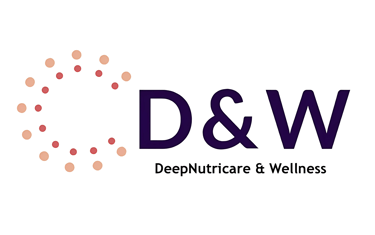Empowering Women with PCOD Solutions
Polycystic Ovary Syndrome (PCOS) and Polycystic Ovarian Disease (PCOD) are among the most common hormonal disorders affecting women today. From irregular periods and acne to unexplained weight gain and fertility challenges, these conditions can significantly impact overall well-being. The good news? A well-balanced diet and lifestyle modifications can play a transformative role in managing symptoms naturally.


Understanding PCOS & PCOD




What is PCOD ?
PCOD, though similar to PCOS, refers to a condition where ovaries release immature eggs that eventually turn into cysts. While it causes hormonal imbalance, it may not always lead to severe metabolic issues like PCOS.
What is PCOS ?
PCOS is a hormonal disorder where the ovaries produce excess androgens (male hormones), leading to multiple small cysts in the ovaries, irregular periods, weight gain, and insulin resistance.
Key Symptoms of PCOS / PCOD
✔️ Irregular menstrual cycles
✔️ Unwanted hair growth (hirsutism)
✔️ Weight gain and difficulty losing weight
✔️ Acne and oily skin
✔️ Hair thinning or hair fall
✔️ Insulin resistance and sugar cravings
✔️ Mood swings and fatigue




The Role of Nutrition in PCOS & PCOD Management
Key Nutrients for PCOS & PCOD
🔹 Fiber-Rich Foods – Whole grains, flaxseeds, chia seeds, vegetables, and legumes help manage blood sugar and improve gut health.
🔹 Healthy Fats – Avocados, nuts, seeds, and olive oil support hormonal balance.
🔹 Lean Proteins – Eggs, fish, tofu, and lentils help build muscle and keep insulin levels stable.
🔹 Low-Glycemic Index (GI) Foods – Whole grains, berries, and non-starchy vegetables prevent blood sugar spikes.
🔹 Magnesium & Omega-3s – Found in nuts, seeds, and fatty fish, these nutrients reduce inflammation and support metabolic health.
FAQs on PCOS & PCOD
1. Can PCOS/PCOD be cured?
There’s no permanent cure, but symptoms can be managed with diet, exercise, and lifestyle changes.
2. What causes PCOS & PCOD?
Hormonal imbalances, insulin resistance, genetics, and lifestyle factors contribute to these conditions.
3. How does diet help in PCOS & PCOD?
A balanced diet stabilizes blood sugar, reduces inflammation, and improves hormone balance.
4. Can women with PCOS conceive naturally?
Yes, with a healthy lifestyle and, if needed, medical support, many women conceive naturally.
5. What are the best exercises for PCOS?
Strength training, yoga, and low-impact cardio improve insulin sensitivity and hormonal balance.
DeepNutriCare transformed my understanding of PCOD. Their resources are insightful and empowering. Highly recommend for anyone seeking clarity on PCOS issues!
Namarta Saw

★★★★★
DeepNutricare & Wellness
Your Trusted Health Partner
dnutricare@gmail.com
9205232987
© 2025. All rights reserved.
Follow Us
Policies
Contact us:
Get in Touch
Quick Links
